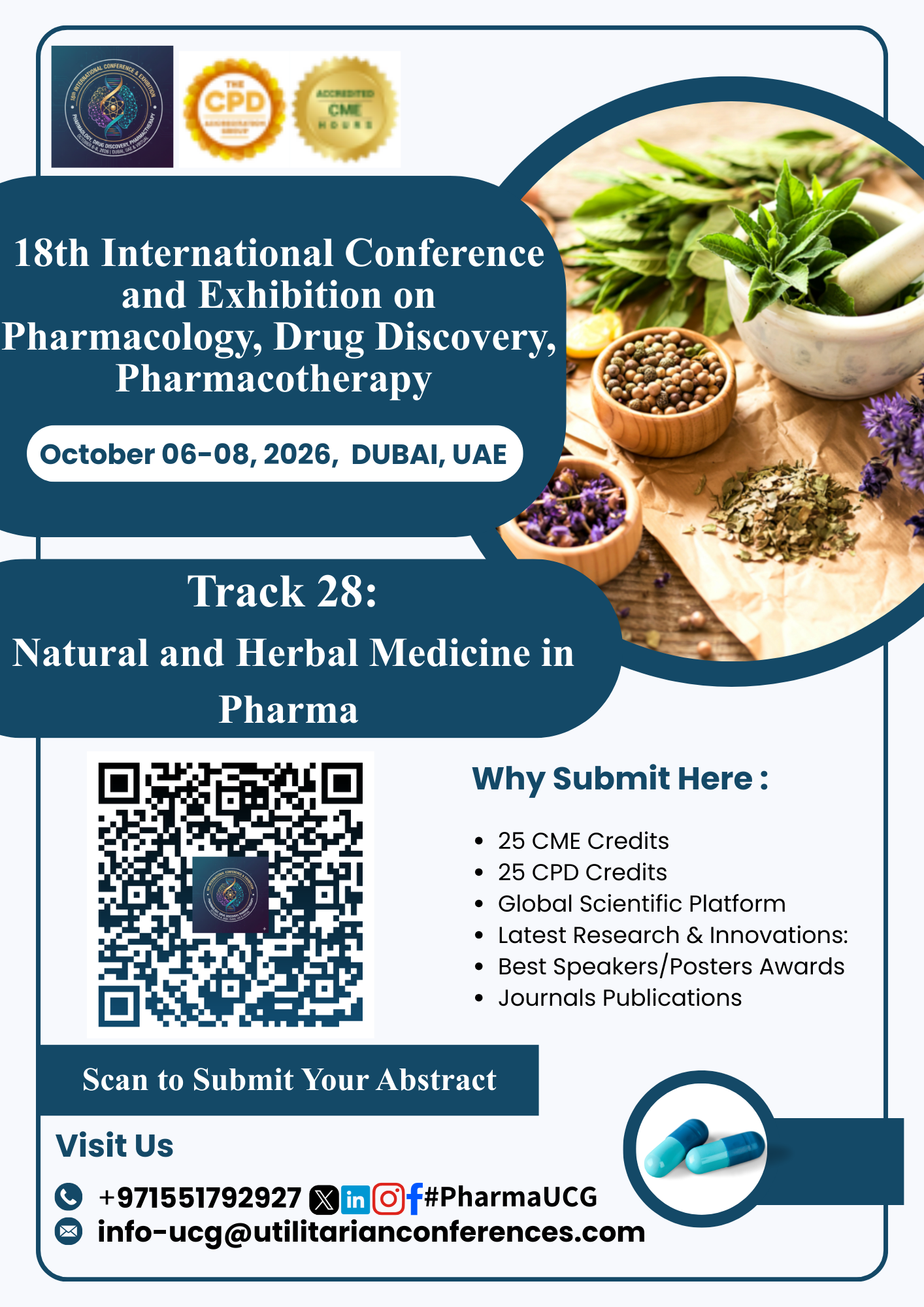Natural and Herbal Medicine in Pharma
Natural and herbal medicine refers to the use of
plant-based, animal-based, or naturally occurring substances for the
prevention, treatment, and management of diseases. These types of therapies
have been used for centuries in various cultures worldwide. In modern
pharmacology, natural medicines and herbal
remedies are increasingly being integrated into pharmaceutical
products and healthcare systems for
their potential health benefits.
1. Natural Medicine
Natural medicine involves using substances derived from nature
to treat illnesses and promote health. This can include plant-based products
(herbs), minerals, animal products, and even dietary supplements.
Key Types of Natural
Medicine:
- Herbal Medicine: Derived
from plants, herbal medicines include leaves, roots, stems, flowers, and
seeds. They can be consumed as teas, capsules, powders, or extracts.
- Mineral Medicine: Involves
minerals such as magnesium,
zinc, calcium, and iron, which are used for
various therapeutic purposes.
- Animal-Based Medicine:
Includes products derived from animals, such as honey, bee pollen, silk, or ginseng (used in some
cultures for its supposed therapeutic properties).
- Dietary Supplements: These
can include vitamins, minerals, amino acids, and other naturally occurring
substances used to complement or supplement a person’s regular diet.
Examples of Natural
Medicines:
- Fish Oil: Rich in omega-3
fatty acids, often used to support heart health.
- Probiotics: Beneficial
bacteria that help maintain gut health and are often derived from
fermented foods or supplements.
- Ginseng: An herbal remedy
used for improving energy and mental clarity.
2. Herbal Medicine
Herbal medicine, or phytotherapy, refers to
the use of plants or plant extracts
to treat or prevent illness. It is one of the most well-known forms of natural
medicine and has been practiced for thousands of years across cultures. Many
modern drugs are inspired by or derived from plants, and the pharmaceutical
industry has increasingly focused on researching herbs and plant-based
compounds for new drug development.
How Herbal Medicine is Used:
- Extracts and Concentrates:
Plant compounds are often extracted and concentrated into forms such as
capsules, tablets, tinctures, or oils. Common examples include ginger, turmeric, garlic, and echinacea.
- Teas and Infusions: Some
herbal treatments are consumed as teas, such as chamomile for relaxation
or peppermint for digestive
support.
- Topical Applications:
Certain herbs are used in creams, ointments, or oils applied directly to
the skin, such as aloe
vera for burns or arnica
for bruises.





